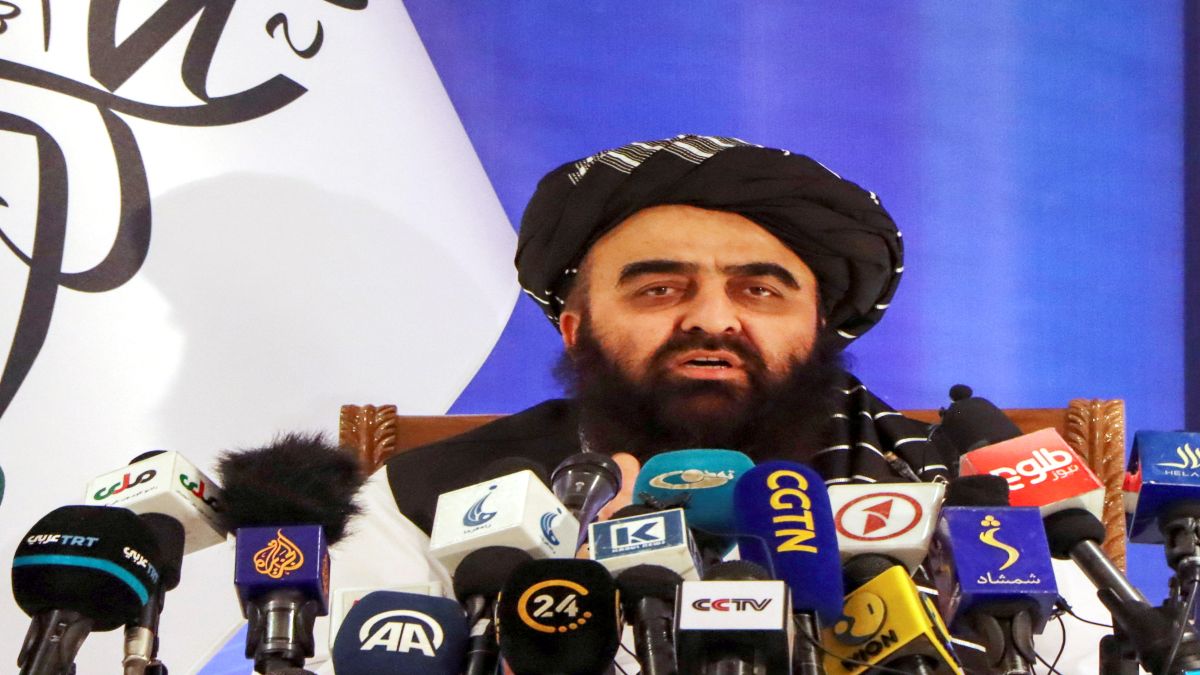In a move rich with symbolism, Taliban Foreign Minister Amir Khan Muttaqi — who is on an eight-day trip to India — is expected to visit Deoband, the birthplace of the Deobandi school of thought.
Deobandi Islam originated in India in 1867, with the establishment of the first madrassa dedicated to educating Muslim youth in this tradition. Over time, the Deobandi school of thought gained widespread influence, becoming the dominant form of Islamic education among the Pashtuns — an ethnic group residing along the Afghanistan-Pakistan border.
Though Muttaqi’s visit to the site may appear religious, sources in both the Taliban leadership and New Delhi confirmed to News 18 that it holds significant geopolitical implications.
Muttaqi’s visit marks the first ministerial-level visit from Kabul to New Delhi since the Taliban took power in Afghanistan in August 2021.
According to a News18 report, citing Taliban sources, Deoband is being viewed as a potential center for spiritual diplomacy — a neutral and culturally significant venue to foster closer ties with India.
For decades, Pakistan has positioned itself as the guardian of Deobandi Islam, largely due to its longstanding backing of Taliban factions.
Muttaqi’s visit, however, is seen as a symbolic pushback against that claim, reinforcing the idea that the Taliban’s intellectual and spiritual roots lie in India, not Pakistan, added the report.
Impact Shorts
More ShortsFrom New Delhi’s perspective, the visit offers a soft power opening — a chance to engage the Taliban through shared religious heritage, humanitarian dialogue, and cultural connection, reported News 18.
India’s security establishment sees Deoband as a stabilising bridge — a subtle yet strategic channel for dialogue that avoids formally recognising the Taliban regime while preserving diplomatic flexibility on the global stage, added the report.
More broadly, the Taliban leadership appears to be diversifying its foreign policy, reaching out to Russia, China, Iran and now India, in an effort to reduce its reliance on Pakistan.
Muttaqi’s visit to Deoband is the latest signal of this strategic shift.
Whether this translates into a regional power rebalancing remains uncertain. But one thing is clear: the Taliban is redrawing its diplomatic map — and India is now on it.
With inputs from agencies
)